A PHP Error was encountered
Severity: Warning
Message: Undefined array key "HTTP_REFERER"
Filename: science/science_article_popup_while_leaving.php
Line Number: 19
Backtrace:
File: /var/www/olympiadsuccess.com/square-portal/application/views/science/science_article_popup_while_leaving.php
Line: 19
Function: _error_handler
File: /var/www/olympiadsuccess.com/square-portal/application/views/science/article.php
Line: 2
Function: view
File: /var/www/olympiadsuccess.com/square-portal/application/views/templates/science_template.php
Line: 2
Function: view
File: /var/www/olympiadsuccess.com/square-portal/application/core/MY_Controller.php
Line: 137
Function: view
File: /var/www/olympiadsuccess.com/square-portal/application/controllers/Science.php
Line: 311
Function: _render_page
File: /var/www/olympiadsuccess.com/square-portal/index.php
Line: 198
Function: require_once
A PHP Error was encountered
Severity: Warning
Message: Undefined array key "HTTP_REFERER"
Filename: science/science_article_popup_while_leaving.php
Line Number: 19
Backtrace:
File: /var/www/olympiadsuccess.com/square-portal/application/views/science/science_article_popup_while_leaving.php
Line: 19
Function: _error_handler
File: /var/www/olympiadsuccess.com/square-portal/application/views/science/article.php
Line: 2
Function: view
File: /var/www/olympiadsuccess.com/square-portal/application/views/templates/science_template.php
Line: 2
Function: view
File: /var/www/olympiadsuccess.com/square-portal/application/core/MY_Controller.php
Line: 137
Function: view
File: /var/www/olympiadsuccess.com/square-portal/application/controllers/Science.php
Line: 311
Function: _render_page
File: /var/www/olympiadsuccess.com/square-portal/index.php
Line: 198
Function: require_once
A PHP Error was encountered
Severity: Warning
Message: Undefined array key "HTTP_REFERER"
Filename: science/science_article_popup_while_leaving.php
Line Number: 19
Backtrace:
File: /var/www/olympiadsuccess.com/square-portal/application/views/science/science_article_popup_while_leaving.php
Line: 19
Function: _error_handler
File: /var/www/olympiadsuccess.com/square-portal/application/views/science/article.php
Line: 2
Function: view
File: /var/www/olympiadsuccess.com/square-portal/application/views/templates/science_template.php
Line: 2
Function: view
File: /var/www/olympiadsuccess.com/square-portal/application/core/MY_Controller.php
Line: 137
Function: view
File: /var/www/olympiadsuccess.com/square-portal/application/controllers/Science.php
Line: 311
Function: _render_page
File: /var/www/olympiadsuccess.com/square-portal/index.php
Line: 198
Function: require_once
A PHP Error was encountered
Severity: Warning
Message: Undefined array key "HTTP_REFERER"
Filename: science/science_article_popup_while_leaving.php
Line Number: 19
Backtrace:
File: /var/www/olympiadsuccess.com/square-portal/application/views/science/science_article_popup_while_leaving.php
Line: 19
Function: _error_handler
File: /var/www/olympiadsuccess.com/square-portal/application/views/science/article.php
Line: 2
Function: view
File: /var/www/olympiadsuccess.com/square-portal/application/views/templates/science_template.php
Line: 2
Function: view
File: /var/www/olympiadsuccess.com/square-portal/application/core/MY_Controller.php
Line: 137
Function: view
File: /var/www/olympiadsuccess.com/square-portal/application/controllers/Science.php
Line: 311
Function: _render_page
File: /var/www/olympiadsuccess.com/square-portal/index.php
Line: 198
Function: require_once
A PHP Error was encountered
Severity: Warning
Message: Undefined array key "HTTP_REFERER"
Filename: science/science_article_popup_while_leaving.php
Line Number: 19
Backtrace:
File: /var/www/olympiadsuccess.com/square-portal/application/views/science/science_article_popup_while_leaving.php
Line: 19
Function: _error_handler
File: /var/www/olympiadsuccess.com/square-portal/application/views/science/article.php
Line: 2
Function: view
File: /var/www/olympiadsuccess.com/square-portal/application/views/templates/science_template.php
Line: 2
Function: view
File: /var/www/olympiadsuccess.com/square-portal/application/core/MY_Controller.php
Line: 137
Function: view
File: /var/www/olympiadsuccess.com/square-portal/application/controllers/Science.php
Line: 311
Function: _render_page
File: /var/www/olympiadsuccess.com/square-portal/index.php
Line: 198
Function: require_once
A PHP Error was encountered
Severity: Warning
Message: Undefined array key "HTTP_REFERER"
Filename: science/science_article_popup_while_leaving.php
Line Number: 19
Backtrace:
File: /var/www/olympiadsuccess.com/square-portal/application/views/science/science_article_popup_while_leaving.php
Line: 19
Function: _error_handler
File: /var/www/olympiadsuccess.com/square-portal/application/views/science/article.php
Line: 2
Function: view
File: /var/www/olympiadsuccess.com/square-portal/application/views/templates/science_template.php
Line: 2
Function: view
File: /var/www/olympiadsuccess.com/square-portal/application/core/MY_Controller.php
Line: 137
Function: view
File: /var/www/olympiadsuccess.com/square-portal/application/controllers/Science.php
Line: 311
Function: _render_page
File: /var/www/olympiadsuccess.com/square-portal/index.php
Line: 198
Function: require_once
A PHP Error was encountered
Severity: Warning
Message: Undefined array key "HTTP_REFERER"
Filename: science/science_article_popup_while_leaving.php
Line Number: 19
Backtrace:
File: /var/www/olympiadsuccess.com/square-portal/application/views/science/science_article_popup_while_leaving.php
Line: 19
Function: _error_handler
File: /var/www/olympiadsuccess.com/square-portal/application/views/science/article.php
Line: 2
Function: view
File: /var/www/olympiadsuccess.com/square-portal/application/views/templates/science_template.php
Line: 2
Function: view
File: /var/www/olympiadsuccess.com/square-portal/application/core/MY_Controller.php
Line: 137
Function: view
File: /var/www/olympiadsuccess.com/square-portal/application/controllers/Science.php
Line: 311
Function: _render_page
File: /var/www/olympiadsuccess.com/square-portal/index.php
Line: 198
Function: require_once
A PHP Error was encountered
Severity: Warning
Message: Undefined array key "HTTP_REFERER"
Filename: science/science_article_popup_while_leaving.php
Line Number: 19
Backtrace:
File: /var/www/olympiadsuccess.com/square-portal/application/views/science/science_article_popup_while_leaving.php
Line: 19
Function: _error_handler
File: /var/www/olympiadsuccess.com/square-portal/application/views/science/article.php
Line: 2
Function: view
File: /var/www/olympiadsuccess.com/square-portal/application/views/templates/science_template.php
Line: 2
Function: view
File: /var/www/olympiadsuccess.com/square-portal/application/core/MY_Controller.php
Line: 137
Function: view
File: /var/www/olympiadsuccess.com/square-portal/application/controllers/Science.php
Line: 311
Function: _render_page
File: /var/www/olympiadsuccess.com/square-portal/index.php
Line: 198
Function: require_once

 Love Beer And Coffee..
Love Beer And Coffee..
 Noble Prize Winner E..
Noble Prize Winner E..
 Can Eating Too Much ..
Can Eating Too Much ..
 Lightning Bolt And A..
Lightning Bolt And A..
 10 Most Influential ..
10 Most Influential ..
 Increasing Use Of Sm..
Increasing Use Of Sm..
 Cute Pickachu: A Cho..
Cute Pickachu: A Cho..
 Strange History Abou..
Strange History Abou..
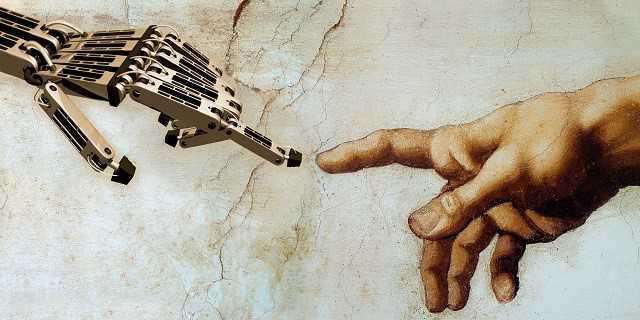

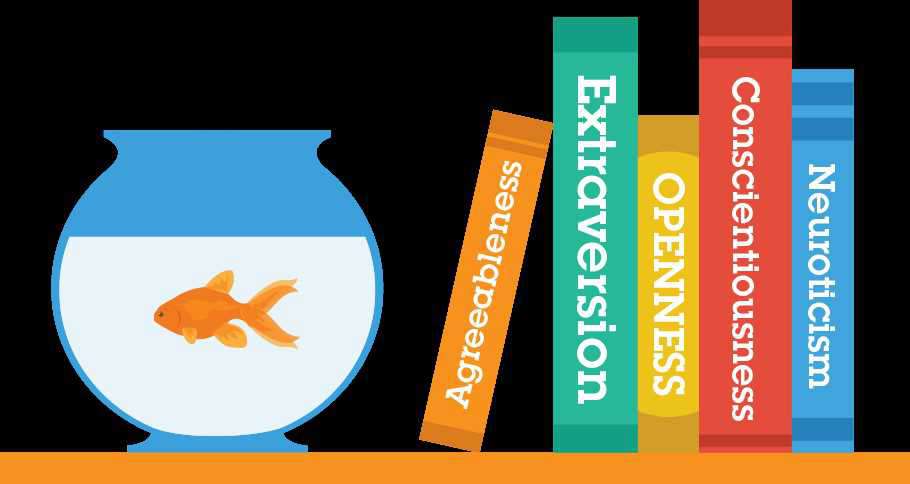
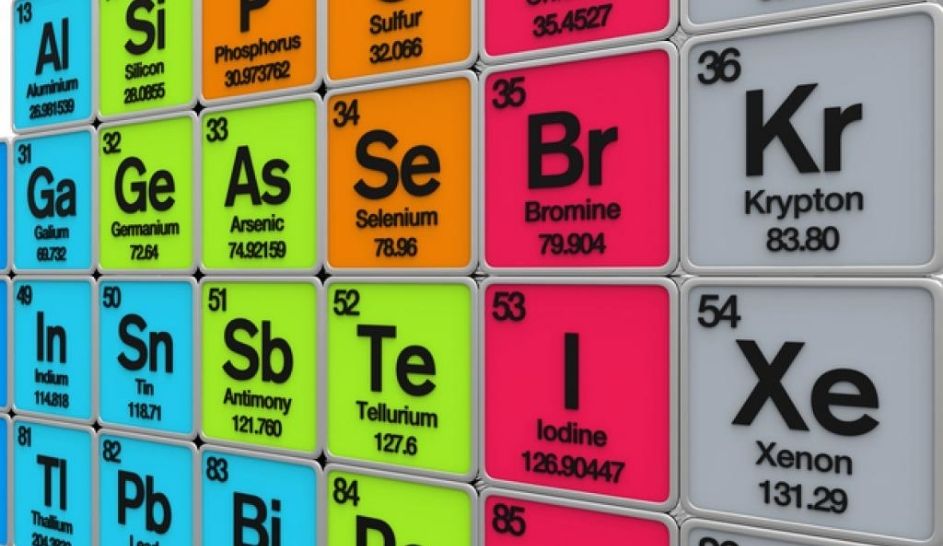

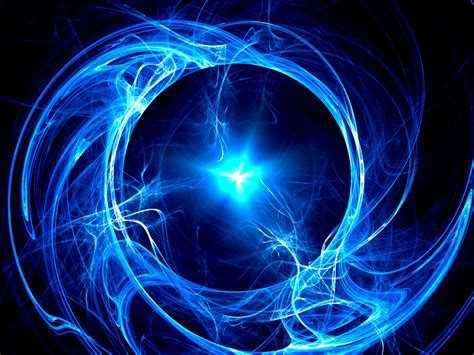
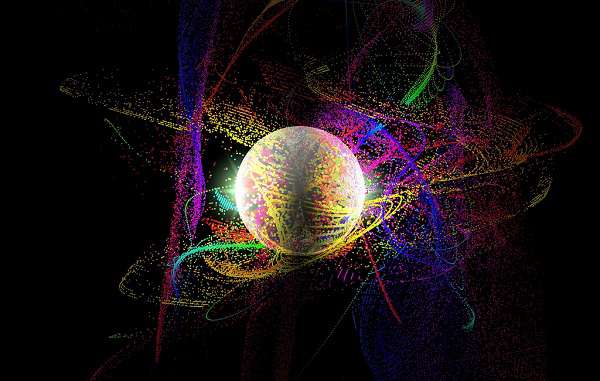













Comments